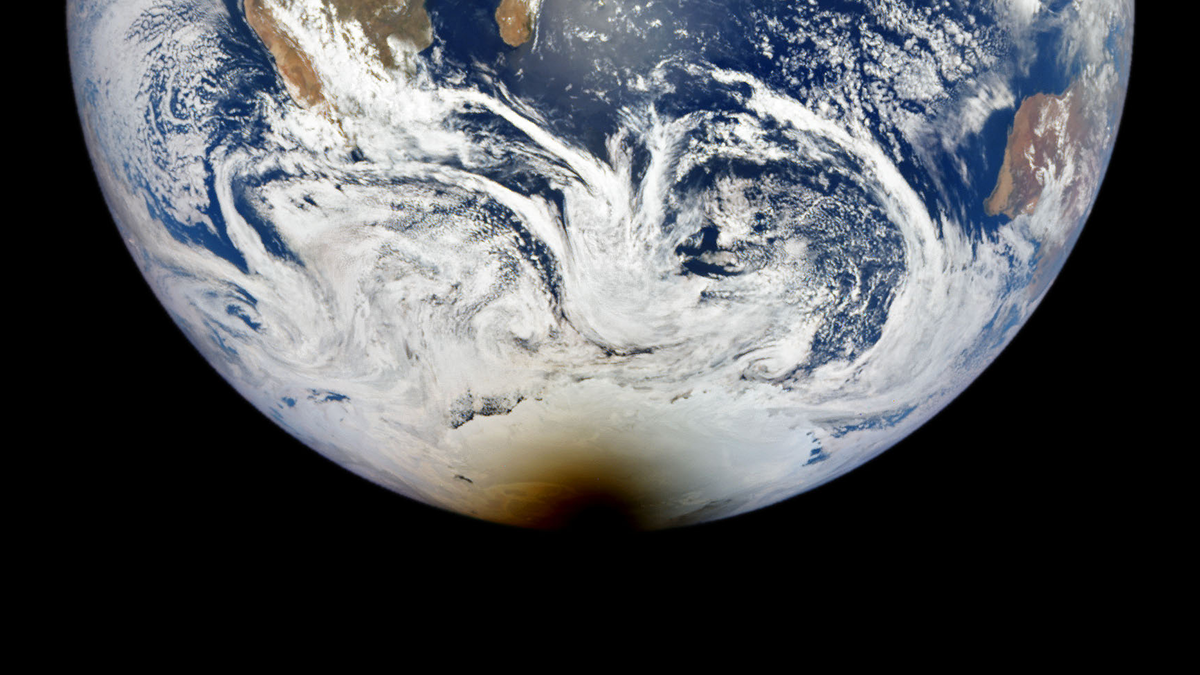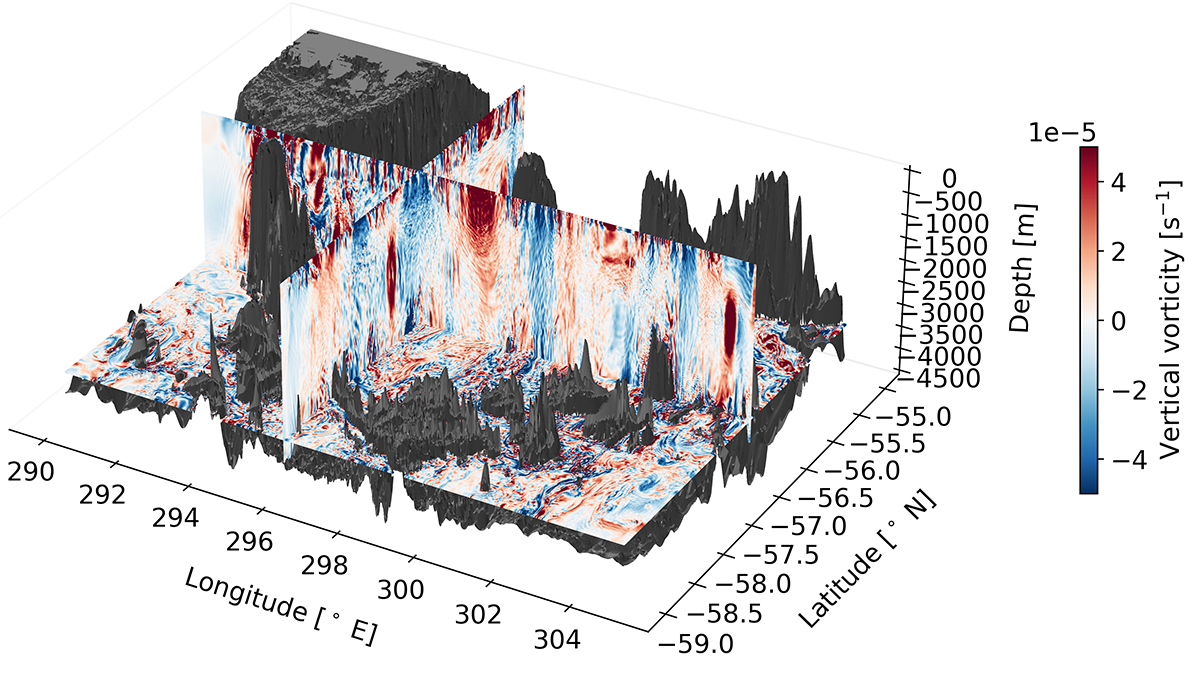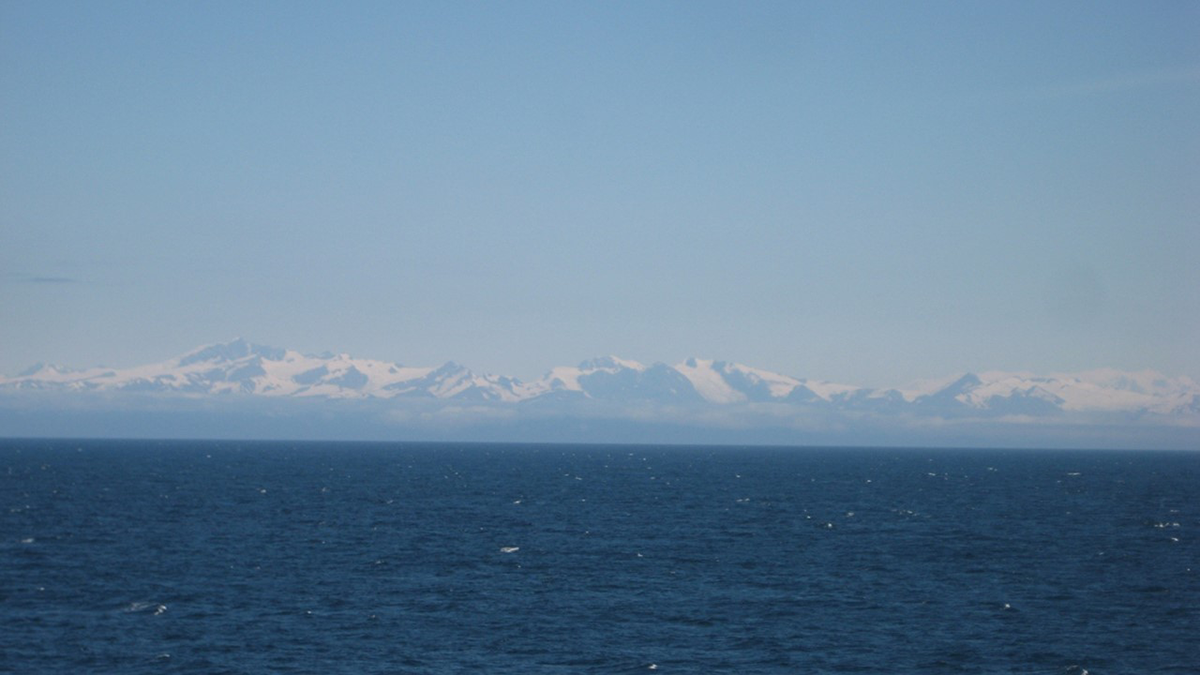Antarctica’s “Doomsday Glacier” started losing mass midcentury, around the same time as its neighboring glacier.
Antarctica
Antarctic Ice Cores Capture Heavy Metal Pollution—And History
An ice core record stretching back more than 2 millennia hints at the mining and metallurgy that waxed and waned with events such as wars and epidemics.
Monitoring Polar Ice Change in the Twilight Zone
Landsat’s new extended data collection program is mapping Arctic and Antarctic regions year-round, even in polar twilight.
Antarctica’s Ocean Acidity Set to Rise Rapidly by Century’s End
New research shows acidity levels could as much as double by 2100, imperiling fragile ecosystems in the frigid Southern Ocean.
Solar Eclipses May Initiate Disturbances in Geospace
The statistical evidence from 21 years of data suggests that a solar eclipse may trigger a geomagnetic substorm, which is a disturbance in the Earth’s magnetosphere and ionosphere.
Deep Learning Tackles Deep Uncertainty
A new method based on artificial intelligence could help accelerate projections of polar ice melt and future sea level rise.
Overturning Ocean Water by Turbulence
A high-resolution regional model of the Southern Ocean reveals how topographically induced mixing in the abyss is important in creating the water masses that can upwell back up to the surface.
Seawater Dynamics in an Underexplored Antarctic Fjord
Wind is the major driver of salinity changes within the narrow, glacier-fed cove.
Melting Glaciers as a Source of Lead in Coastal Waters
New experiments show how lead circulates through glaciers, meltwater, and sediments in polar environments.
Marine Sediments Reveal Past Climate Responses to CO2 Changes
Climate records stored in marine sediments reveal different ice sheet and ocean responses to falling atmospheric CO2 concentrations from the warm Pliocene to the ice ages of the Pleistocene.










